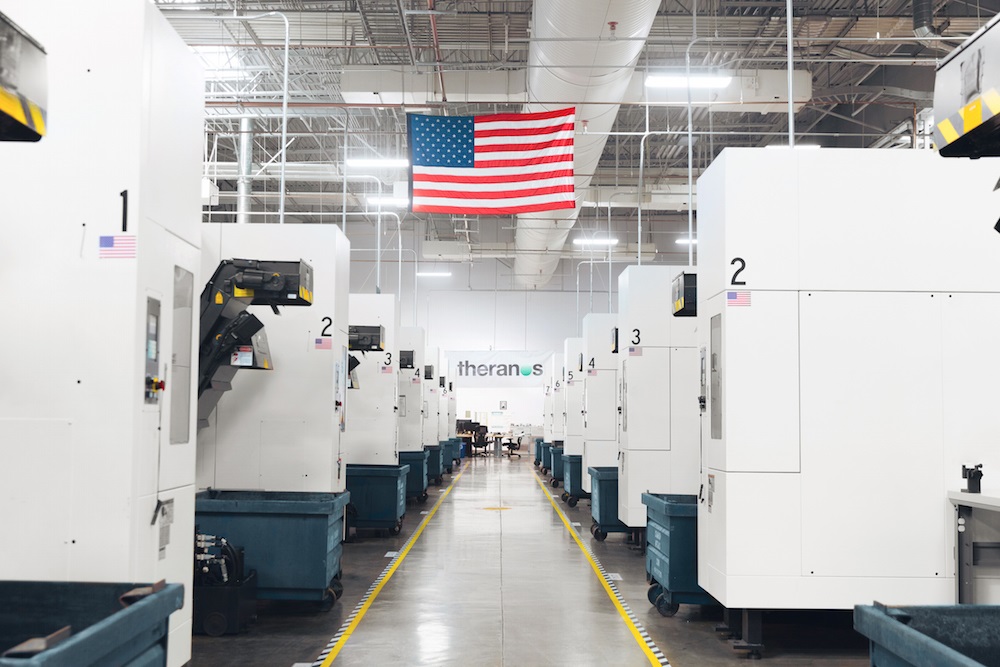The end for Theranos? Company closes labs and cuts workforce

After months of controversy, including run-ins with several US authorities, it seems the Theranos saga could be nearing its end.
Earlier this week, Theranos founder and CEO Elizabeth Holmes - herself banned from owning a laboratory three months ago - broke the news that her company will be closing some of its labs and laying off around 40% of its workforce.
"After many months spent assessing our strengths and addressing our weaknesses, we have moved to structure our company around the model best aligned with our core values and mission,” said Holmes in an open letter on the company’s website.
“We have decided to close our clinical labs and Theranos Wellness Centers, which will impact approximately 340 employees in Arizona, California, and Pennsylvania. We are profoundly grateful to these team members, many of whom have devoted years to Theranos and our mission, for their commitment to our company and our guests.”
The once $9 billion-valued company propelled Holmes to the status of the youngest self-made billionaire ever. However, since October 2015, scepticism and controversy around the company’s technology has continued to grow.
An initial report from the Wall Street Journal revealed the intervention of the US Food and Drug Administration (FDA) calling for the company to stop using its ‘nanotainer’ tube – the blood collection vial core to its disruptive technology.
Theranos came under fire again in April of this year when details of a new criminal investigation were leaked. Its then-retail partner Walgreens Boots Alliance and the New York State Department of Health received subpoenas seeking documentation and testimony as to the manner in which Theranos represented its technology.
Theranos would go on to void two years of its blood test results only a month later.
In June, Walgreens decided to terminate its partnership with Theranos following the Centers for Medicare and Medicaid Services (CMS) rejection of Theranos’ plan of correction. The Theranos-Walgreens relationship was already strained by the CMS’ review in January earlier in the year which led to Walgreens insisting its partner to cease all testing at its Newark, California lab.
The CMS’ investigation would lead to the revoking of Theranos’ regulatory approval and the banning of Holmes from operating a lab for at least two years.
Theranos then went into recovery mode, appointing new executives and a compliance board to help tighten its regulatory and compliance efforts, before unveiling its new line of disruptive technologies – including the successor to its controversial Edison platform, the “miniLab” sample processing unit – in August.
During the same presentation, Holmes revealed her company’s intention to produce a diagnostic blood test for Zika virus – an intention which turned farcical as the company quickly withdrew its submission to the FDA after the agency discovered that data supporting the submission was collected without implementing an approved patient safety protocol.
Theranos will now focus solely on its miniLab platform, which Holmes states will help the company achieve its ultimate goal of commercialising “miniaturised, automated laboratories capable of small-volume sample testing, with an emphasis on vulnerable patient populations, including oncology, paediatrics and intensive care."












